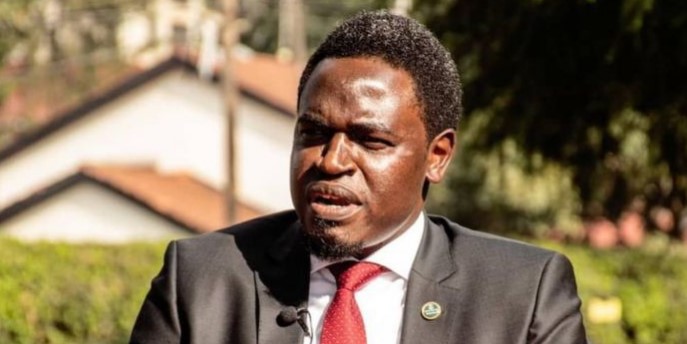Former Deputy President Rigathi Gachagua has once again thrust himself into the national spotlight, proving to be an enigmatic political figure capable of captivating crowds, albeit with polarizing rhetoric. This comes as his sharp criticism of President William Ruto’s administration continues to stir public debate, even as his own track record invites scrutiny.
Former Law Society of Kenya (LSK) president Nelson Havi, speaking on Citizen TV on Tuesday, weighed in on Gachagua’s political resurgence. Havi acknowledged Gachagua’s capacity to mobilize masses despite his perceived lapses in judgment. “He is a distinguished crowd mobiliser. He may be poor in his judgment, but he pulls crowds,” Havi remarked, adding that Kenyans often gravitate toward leaders who entertain them, a skill Gachagua has mastered.
This observation underscores the former Deputy President’s unique ability to resonate with grassroots audiences, blending humor and bold declarations to rally support. However, his penchant for provocative remarks, often bordering on jest or hyperbole, has fueled criticism from allies and opponents alike.
Gachagua’s latest move saw him join opposition stalwarts Kalonzo Musyoka and Eugene Wamalwa at the launch of the Democratic Action Party (DAP) headquarters in Nairobi. There, he reiterated his commitment to unseat President Ruto in 2027, vowing to “liberate” Kenya from what he termed a “dictatorial” regime. “We will make whatever sacrifices necessary to ensure William Ruto is a one-term president,” Gachagua declared, signaling his intent to rally Kenyans behind the opposition coalition.
Citing policies such as steep tax hikes that sparked widespread protests in 2024, Gachagua accused Ruto of leading a government characterized by unilateral decision-making. “The government he leads is a one-man show; he wants his way, and all those ministers are flower girls,” he claimed, asserting his role as a lone voice of dissent during his tenure as Deputy President.
While Gachagua’s critique of the government has drawn ire from Ruto’s inner circle, he remains unfazed, promising to expose alleged governance failures. His strategic pivot to the opposition could recalibrate Kenya’s political landscape, particularly as the nation inches closer to the 2027 general election.
As Havi aptly noted, Gachagua’s rhetoric, regardless of its substance, resonates with a public eager for leaders who speak their language, however unconventional. Whether this charisma translates into tangible political gains remains to be seen, but one thing is clear: Gachagua’s influence on Kenya’s political discourse is far from waning.

